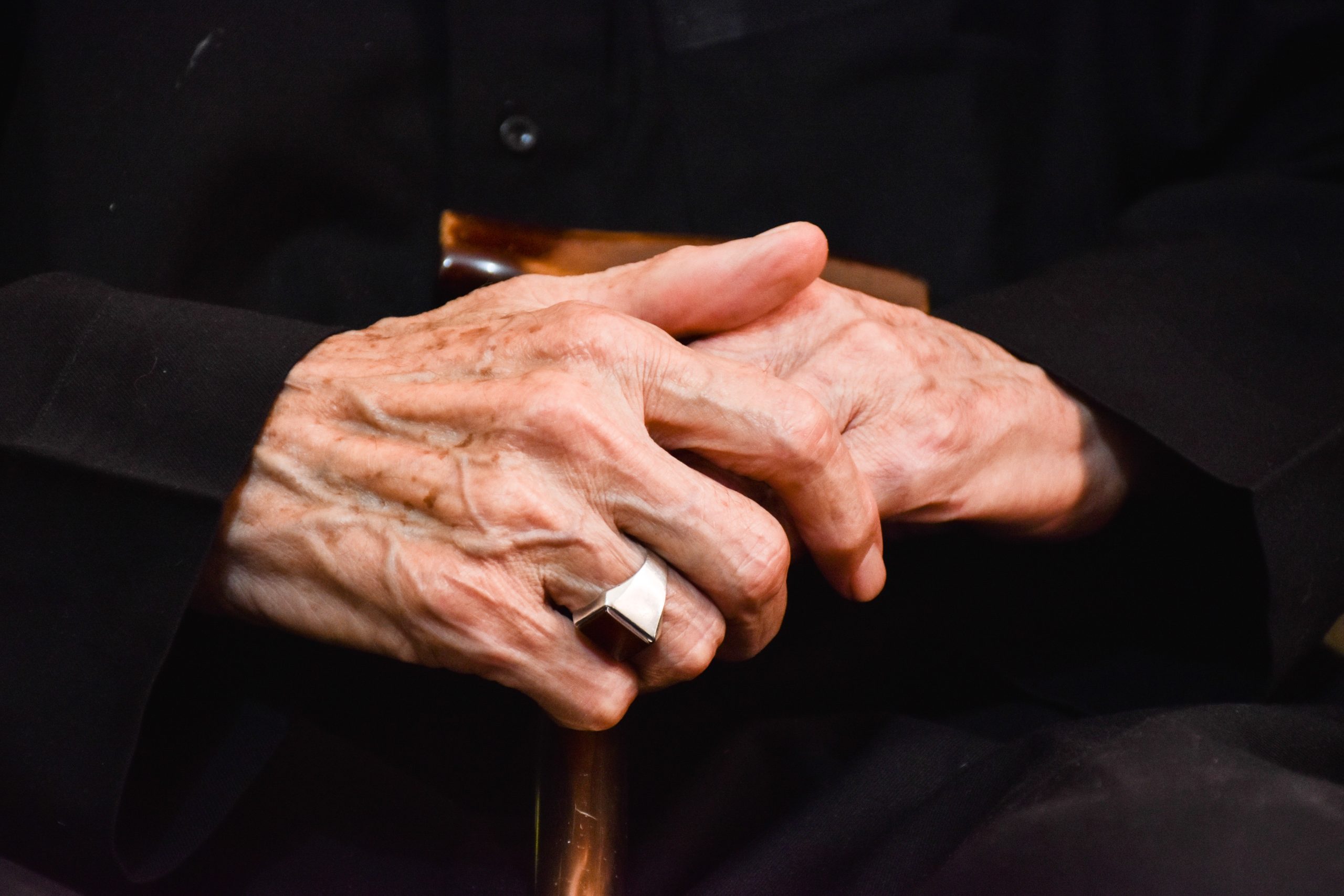Qatar is among a list of countries that have completed the United Nations’ National Plan of Action for advancing the rights of older persons.
Qatari authorities are promoting sports for seniors across the country, Doha’s state news agency (QNA) reported on Sunday.
The Center of Empowerment and Elderly Care, Ehsan, in Qatar is incorporating seniors in sports through its new partnership with Al Majd Girls Center.
The partnership would see the two entities launch activities to allow elderly women to take part in sports, as part of efforts to empower seniors in the Gulf state.
Al Majd Girls Center falls under Qatar’s Ministry of Sports and Youth. While Ehsan, one of the Qatar Foundation for Social Work centers of the Ministry of Social Development and Family, aims to spread awareness of the elderly’s rights.
The QF entity aims to promote the recognition of the elderly’s contributions to sports, economy, culture, and more.
Qatar’s initiative promotes the importance of respecting the elderly as it represents one of the key values of Islam. Various Quranic verses and Islamic narrations, or ahadith, stress the need to respect the elderly, especially parents.
In 2019, the centre published the third book of a series titled “Islam and the Elderly”, highlighting the religion’s role in protecting seniors and providing them with a dignified life.
Ehsan has repeatedly stressed the importance of protecting the elderly and called to criminalise all abuse against the vulnerable age group. The Qatari constitution already places emphasis on the protection of the elderly’s rights in the country.
Qatar is among a list of countries that have completed the United Nations’ National Plan of Action for advancing the rights of older persons. Other countries include Bahrain, Egypt, Jordan, Syria and Saudi Arabia.
Despite Arab society promoting respect towards the elderly, experts in 2016 found most parts of the region have few institutions to support them, with one reason pointing towards the dependence on house helpers and full-time housemaids.
Meanwhile, the World Health Organization (WHO) predicted that the global elderly population aged 60 and above is set to reach 1.4 billion by 2030.
The WHO added that the population would double by 2050, reaching 2.1 billion.







